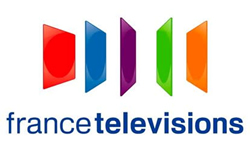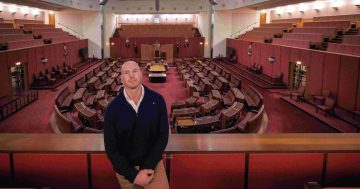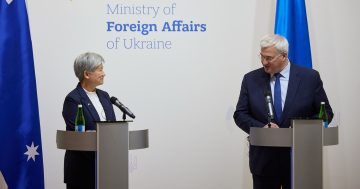 France has scrapped its television licence fee in a potential blow to public broadcasting models in other countries.
France has scrapped its television licence fee in a potential blow to public broadcasting models in other countries.
The Senate recently agreed to pass President Emmanuel Macron’s election promise to end the fee in a heated debate that ran into the early hours of the morning.
The country’s annual fee, currently set at €138 ($A202) has provided public broadcasters with the majority of their income since it was introduced in 1933.
These broadcasters include France 24, Radio France, France Télévisions, Radio France Internationale (RFI) and the Franco-German broadcaster, Arte.
In 2022, the licence free, which applies to the roughly 27 million homes that declare they own a television set, brought in €3.2 billion ($A4.7 billion).
Opponents of the move, on the left of French politics, raised concerns over the future funding of the country’s independent public television and radio, arguing that such institutions would be weakened by the move.
Others against the move on the right also criticised the cut, calling for a wider discussion to be held over a broader overhaul of public broadcasting in France.
The promise made by Mr Macron during his successful election campaign earlier this year also sparked a row about the funding of France’s independent journalism.
Despite the objections, the Senate, which holds a centre-right majority, was eventually in agreement that the licence fee was “obsolete”.
One reason given was the popularity of on-demand streaming services such as Netflix, Disney+ and Amazon Prime.
In place of the licence fee, the Senate approved the funding of public broadcasters using Value Added Tax revenues until the end of 2024.
The move by France comes as Britain also reviews whether to scrap its own annual £159 ($A276) television licence fee, with Conservative lawmakers in favour.
Paris, 3 August 2022











